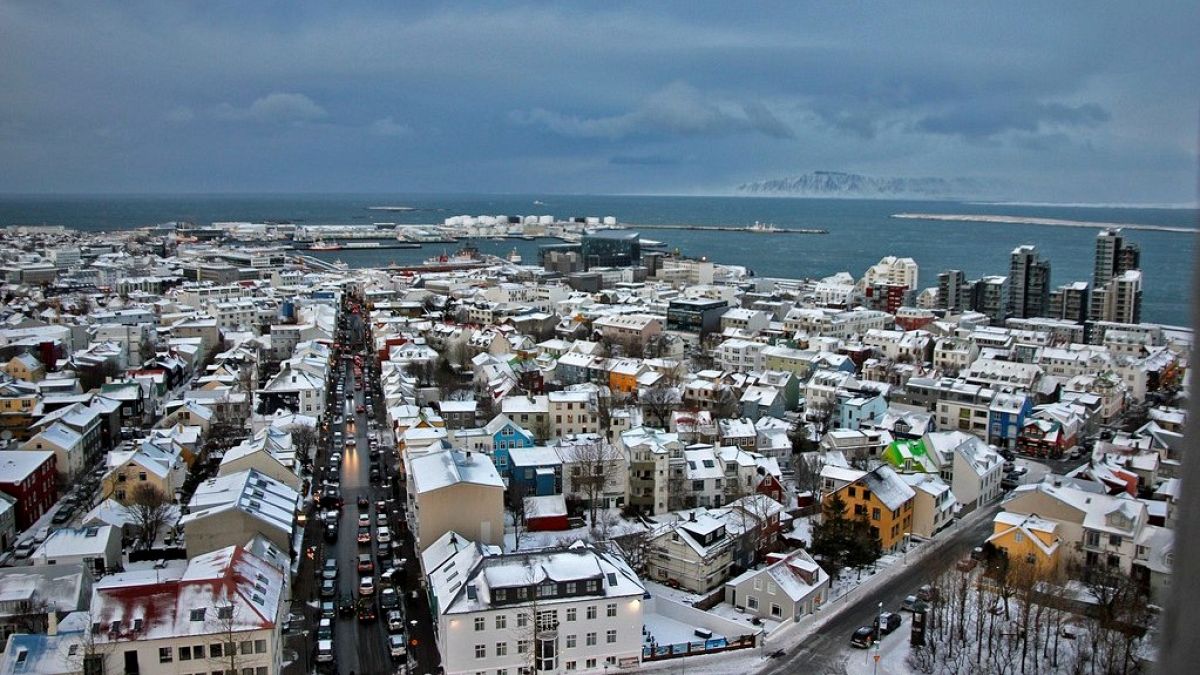Two trials of reduced working hours involving roughly 1% of Iceland’s working population saw productivity maintained and wellbeing improve - and now most in the country have secured the right to a shorter work week.
Two trials of reduced working hours in Iceland have been hailed as a success with productivity maintained and wellbeing improved - leading to the majority of workers having the right to a shorter working week.
Between 2015-2019 the trials reduced working hours mainly from 40 to 35 or 36, with a study noting reduced levels of stress and burnout, and either increased or steady levels of productivity.
The trials involved around 2,500 people, 1% of Iceland’s working population, and were run by city authorities or the government and one of the major trade union confederations, BSRB.
A report published by the Association for Sustainable Democracy (Alda) in Iceland and the UK think tank Autonomy found the trial to be “an overwhelming success”, with workers enjoying a boost to well-being, an improved work-life balance, and “a better cooperative spirit in the workplace.”
They were not paid less for working less hours.
At the time of publication of the report, the groups said that 86% of Iceland’s working population are now on contracts that have either moved them to shorter working hours, or give them the right to do so in the future.
Gudmundur D. Haraldsson, a researcher at Alda, said: “The Icelandic shorter working week journey tells us that not only is it possible to work less in modern times, but that progressive change is possible too.
“Our roadmap to a shorter working week in the public sector should be of interest to anyone who wishes to see working hours reduced.”
Will Stronge, Director of Research at Autonomy, said the trials have taken Iceland “a big step towards the four-day working week”, and have provided other governments with an example of how to pilot the idea.
Spain trialling four-day working week
The four-day working week has become a hot topic of debate in recent years.
Spain is planning on trialling it later this year with a three-year pilot project, using €50 million from the EU’s coronavirus recovery fund to compensate 200 mid-size companies taking part.
The funds will go to subsidising all of the employers’ extra costs in the first year of the trial and then reduce the government’s aid to 50% and 25% each consecutive year, according to a blueprint by the Más País progressive party that’s behind the initiative.
Íñigo Errejón Más País wrote on Twitter at the time the proposal was accepted by the Spanish government: “With the 4-day working day (32 hours) we have opened up a real debate of the times. This is always controversial, because it opens up new ground. What else is more important for politics than living time?”
Software Delsol, in southern Spain, invested €400,000 euros last year to reduce working hours for its 190 employees and has since then reported a 28% reduction in absenteeism, with people choosing to go to the bank or see their doctor on their weekday off.
Their sales increased last year by 20% and no single employee has quit since the new schedule was adopted.
Critics say that a pandemic-shaken economy is not the best scenario for experiments.
ESADE Business School’s Carlos Victoria also warned against the one-size-fits-all approach of the proposal. “There are probably industries or economic areas in which a reduction of working hours won’t necessarily lead to productivity gains,” the economic policy researcher said.
But Más País argues that it’s best to try first and decide later how to scale it up — or whether to do it at all.
